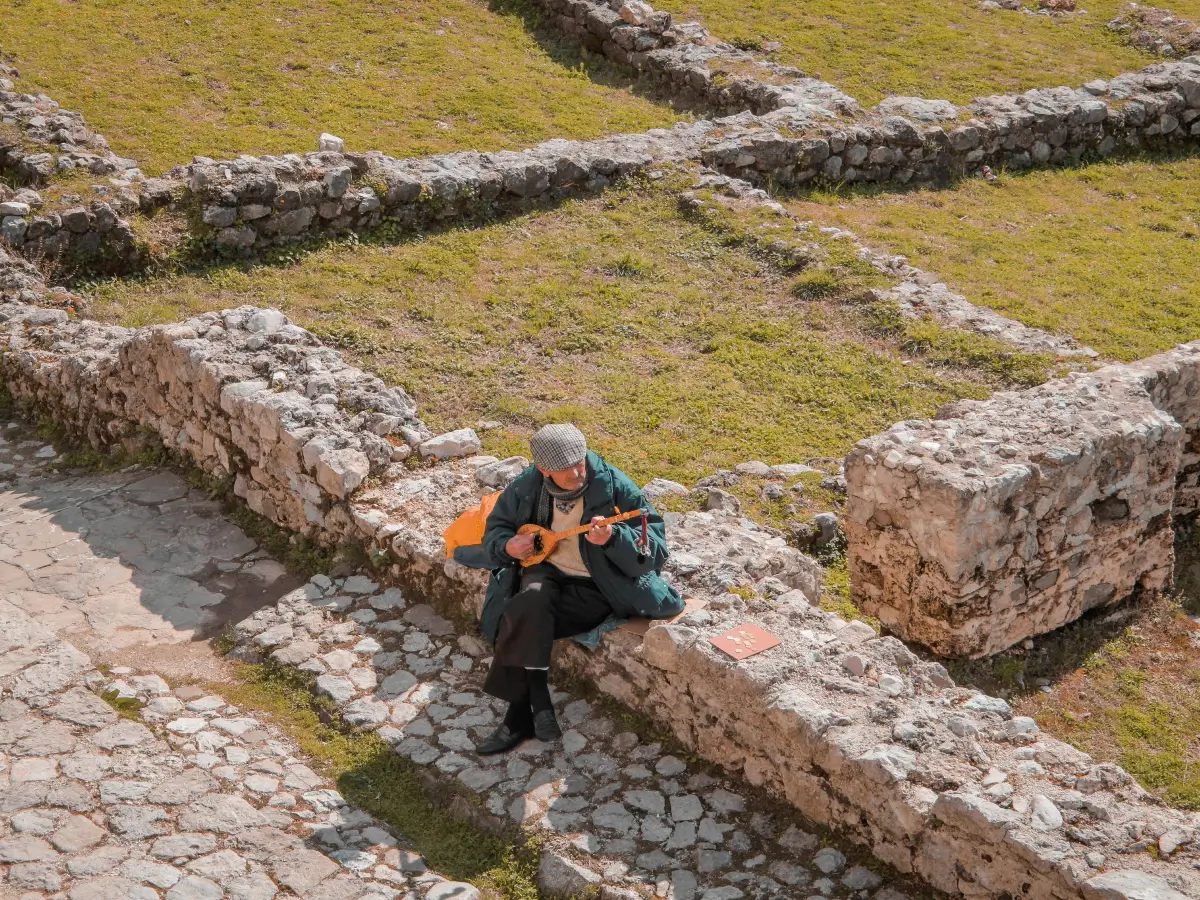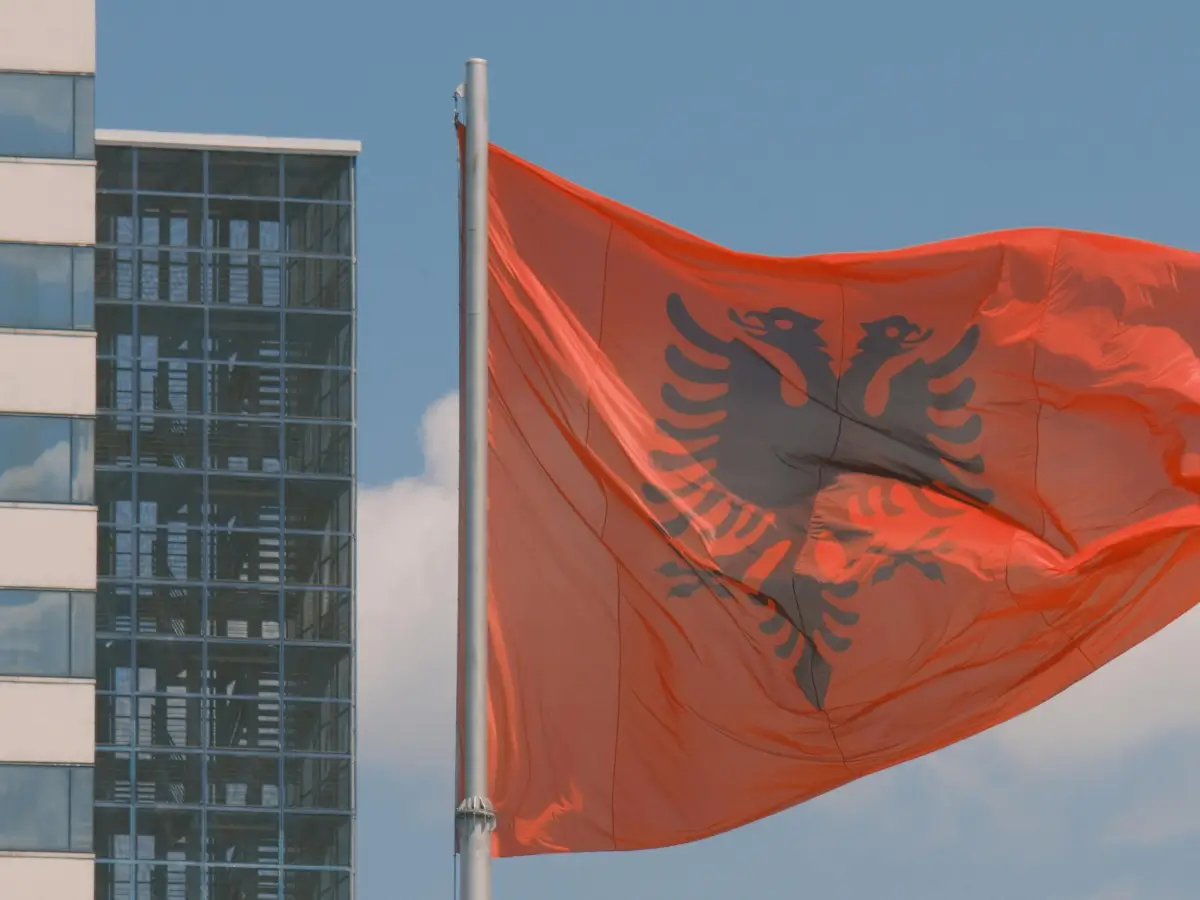Albania is unlike any other country in Europe. Isolated for decades, occupied for centuries, yet fiercely proud and independent — it carries a national identity that feels ancient, resilient, and deeply personal. This identity wasn’t built overnight. It’s the result of a long, complex history that shaped how Albanians see themselves, their culture, and their place in the world.
To understand Albania today, you have to look at the key historical forces that forged its national character.

Centuries of occupation created a culture of resistance
For nearly 500 years, Albania was under Ottoman rule. During this time, many Albanians converted to Islam, others kept their Christian traditions, and others still chose resistance. What makes Albania unique is that, unlike many other countries in the region, it maintained its language, tribal structure, and internal loyalty despite centuries of foreign control.
This long period of occupation instilled a powerful sense of survival. Albanians learned to protect their identity quietly — through customs, oral history, family loyalty, and local governance. That resilience still defines the national mindset today.
Skanderbeg became more than a hero — he became a symbol
Gjergj Kastrioti, better known as Skanderbeg, led a resistance against the Ottoman Empire in the 15th century. His legacy shaped Albanian identity for generations. More than a military figure, he became the embodiment of defiance, unity, and national pride.
His symbol — the double-headed eagle — is now the national flag. His story is taught in every school. Statues of him appear in nearly every town. For many Albanians, Skanderbeg is not just part of history. He is proof that resistance is possible, and that the Albanian identity can endure any challenge.
Isolation under communism shaped modern attitudes
After World War II, Albania entered one of the most extreme periods of isolation in modern European history. Under the dictatorship of Enver Hoxha, religion was banned, borders were closed, private property was abolished, and communication with the outside world nearly disappeared.
This era produced deep scars — but also reinforced a strong national identity rooted in self-reliance, secrecy, and discipline. Families depended on each other. Communities became close-knit. The state promoted a version of identity that erased external influence and emphasized Albanian uniqueness in language, values, and purpose.

Even today, this period influences how many Albanians approach authority, independence, and foreign influence.
Key elements that define Albanian national identity
From this layered history, several core traits have emerged that continue to shape how Albanians define themselves:
-
Pride in ancestry — Many Albanians trace their cultural roots back to the Illyrians, one of the oldest populations in the Balkans
-
Loyalty to family and region — Identity is closely tied to family name, village, and traditional customs
-
Language as a cornerstone — Albanian is one of Europe’s few standalone languages and remains a source of cultural pride
-
Hospitality as a value — Rooted in ancient codes of honor, hospitality toward guests is seen as a moral duty
-
Defiance of foreign control — Whether during Ottoman rule or communist isolation, Albanians have consistently resisted external domination
These values are passed down not just in schools or institutions, but in everyday life — through conversation, storytelling, and family rituals.
A modern nation built on deep roots
Despite dramatic changes in recent decades, Albania’s sense of identity has remained strong. Joining global markets, welcoming tourism, and expanding into new cultural expressions have not erased its core values. Instead, Albanians carry their history with them — not as a burden, but as a compass.
It’s a history that explains why Albanians are proud, adaptable, and deeply connected to their past. It’s also why visitors often leave with a sense that Albania is more than just a place — it’s a story of survival, memory, and meaning.